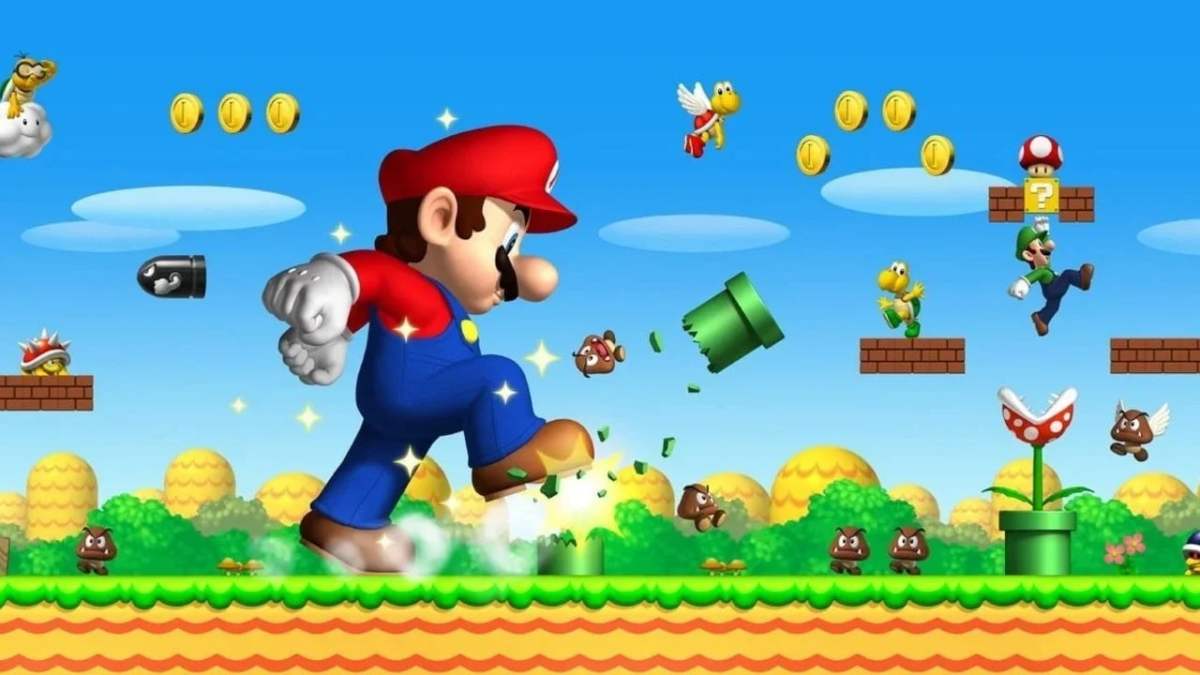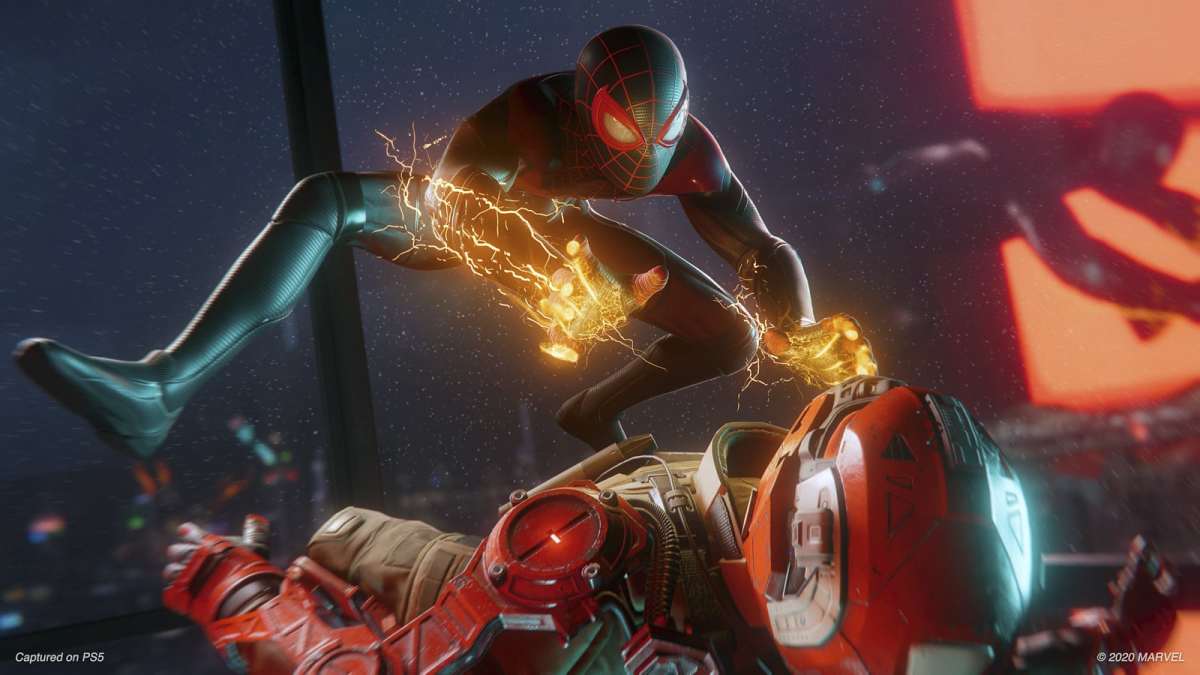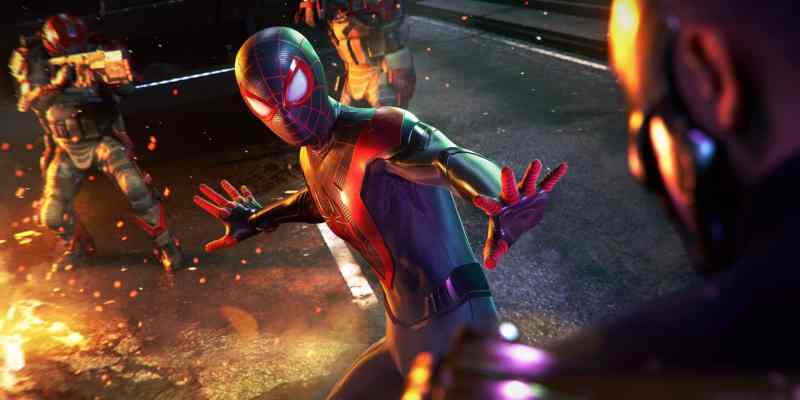My son Adam is the light of my life. He recently turned eight and is obsessed with video games, much like I was at his age. Unlike me, who grew up with deeply religious parents who considered most entertainment to be a corrupting influence on a young impressionable mind, Adam lives in a house filled with electronics, on-demand video subscriptions, and every console from the current and previous generation. He’s taken to all of it like a kid in a candy store — and why shouldn’t he?
But I think I resent him for it.
Millennials as children tended to be the spark of progress in the household. My older brother convinced my parents to get him a cell phone with a handwritten letter of its benefits based around keeping tabs on us — he used it to talk to girls. I did the same with a speech on increased productivity with schoolwork to upgrade our internet service to broadband, which I then used to play Halo 2. But it seems like my generation never quit trying to convince others of what they should be doing.
My son was much more into mobile games before I intervened and introduced him to the New Super Mario Bros. games on Nintendo 3DS. I mean, mobile games are fine and they have their audience, but I thought to myself, “My son will know what god-tier game design is.” And I wasn’t wrong. Mario is his favorite character and game series now — or at least it was. Adam has tried several of the older 3D Mario games and bounced right off of them. The reason he’d give me for not going back was that he got stuck. He’d rather watch full playthroughs of those games than play through them himself.

He was backing down from the inherent challenge of the medium. One of the most unique aspects of video games is that many make you earn their completion. It didn’t hit me until trying some of the New Super Mario Bros. titles myself that they are much easier than the 2D Mario games I grew up with. I’ve had Adam try Super Mario Bros. 3, Super Mario World, and Yoshi’s Island, but he’s yet to finish or ask to go back to any of them.
If given the choice, he’d play Roblox — a game filled with player-made content of varying quality, more than often stuffed with microtransaction pop-up screens that can result in “accidental” purchases. But what I found most distressing was that he’d just hang out in virtual playgrounds using his avatar to fall down mountainsides, dress up in costumes, or run around aimlessly in superhero-inspired worlds. I banned the play of Roblox in the house. I saw it increasing my son’s sense of apathy towards meeting challenge or adversity head on — qualities I desperately hope to instill in him.
He’s since taken more heavily to Minecraft, a game that helps the imaginative side of his brain but still doesn’t push back at all, at least not in its creative mode where he exclusively spends his time. But he recently begged me to let him try out Spider-Man: Miles Morales on PlayStation 4. Miles is his favorite superhero. He dressed up as Miles for Halloween last year and wore the suit for several days after. I loved the idea — here’s a game starring a character he loves more than Mario, where the gameplay would definitely push back but be exciting enough for him to want to keep trying.

I let him start things off in Friendly Neighborhood difficulty, which prevents Miles from dying. I explained that once he got more used to the game that I was going to bump it up to Friendly, where the difficulty remains the same but death is a factor. I was so impressed with how he was able to pick up the RPG elements of upgrading his skills, how he would play with changing the suits and their visual effects like the comic pop-ups or the “Into the Spider-Verse” frame rate. He wasn’t half bad at combat either — I’d occasionally remind him that he could web guys onto the floor or swing-kick them off roofs, but he was completely hooked.
He’d gone just about a third of the way into the story, 28% progress on the save, so I told him, “I think you’re good enough to deal with some real stakes now.” In the early stages of the “Curtain Call” quest, Miles needs to find and interact with four generators on rooftops all guarded by the techno-baddies called the Underground. Adam held his own. I had to remind him of the healing mechanic as he hadn’t needed to use it before, but he picked it up well. He’d cheese the web attack, hitting triangle over and over to safely farm his venom meter, then duck out of combat to heal up. He died a number of times, but he ultimately finished the mission. I was so proud.
I asked him, “Doesn’t that feel better? You still beat it even though you could die?” He agreed. I left the room to grab something from the kitchen. It felt earned. I’d helped my son experience the sensation of triumph in a game; I suspected he’d remember this moment for the rest of his life. I came back into the room to witness Adam hit the delete option on the save file. I couldn’t help but raise my voice. “Why did you do that!?” I was so confused. He told me that he wanted to start from the beginning, and my curiosity piqued. I asked if he intended to start from the beginning on the higher difficulty. He did not. He set it back to Friendly Neighborhood where there would be no threat of death and started his playthrough over from the beginning. He didn’t have to; you’re free to change the difficulty at will at any time — he watched me do it when I bumped it up.

I can only assume that my son hated that I put him through that challenge. It soured the enjoyment of his leisurely web swinging and cool no-stakes action scenes so much that he needed to wipe the slate clean and start over. He didn’t mean to break my heart, but here we are.
I’m fully aware that there are all kinds of gamers out in the world, including those who like casual experiences and play games to relax rather than claim supreme victory. It was a genuine shock to learn that my own son rejects an aspect of games that have largely defined my great love for the medium. But I suppose it’s just a reminder that our children are not us, Adam is growing up to be his own man, and I still love him, even if he is a filthy casual.
